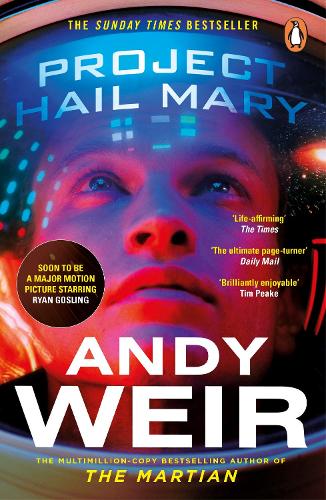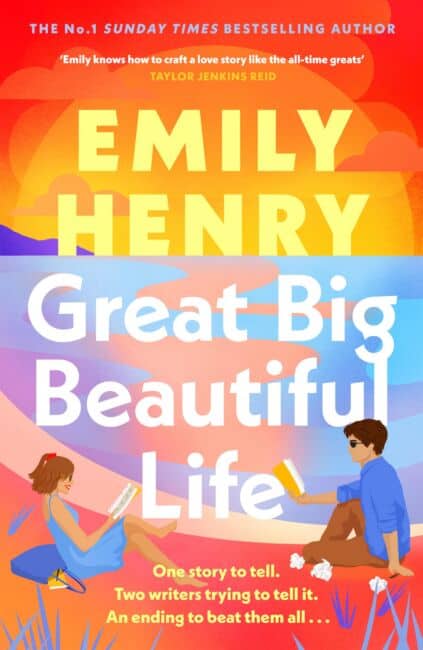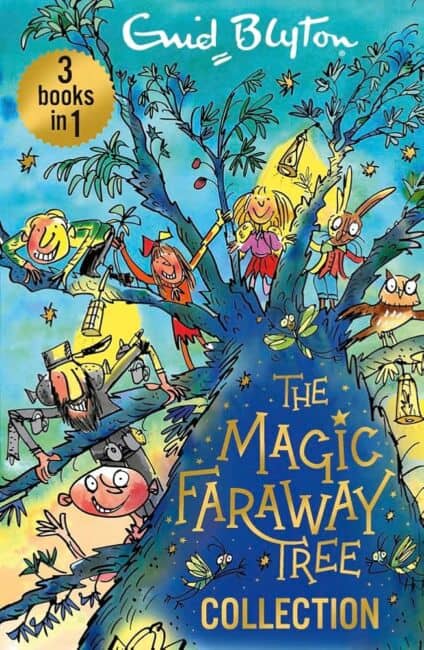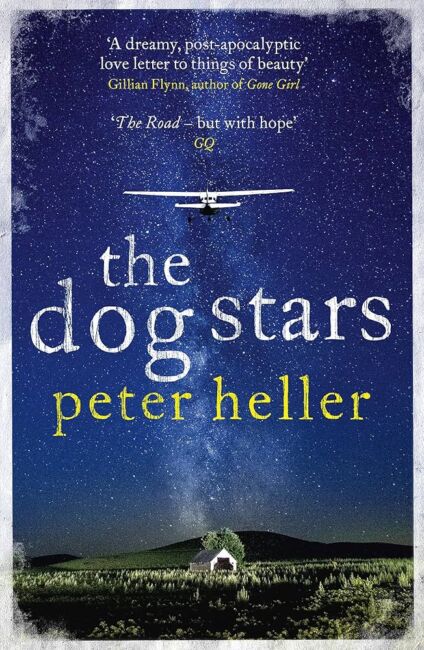How to Write a Book Review: A Victoria Freudenheim Guide

Whether you’re a seasoned bibliophile who runs your own blog or you’re just starting out with reviewing books, consider this your expert guide to creating successful book reviews. Learn the basics or sharpen up your existing skills in our helpful guide.
Producing a piece of writing that analyses something and tastefully weaves in your personal opinions while trying to appeal to a mass audience is a difficult task, to say the least.
Throw into the mix the need to accurately describe certain technical or literary features of a book as well as describing different writing styles, and you’ve got a real challenge on your hands.
But don’t worry — we’re here to help. In the following blog, we’ll explore the essentials when it comes to crafting insightful and engaging book reviews, so you’ll be writing your own in no time.
What is a book review?
Let’s start with the basics — it’s much easier to successfully replicate something when you fully understand exactly what it is.
By definition, a book review is a written evaluation of a piece of literature. Simple as that (kind of). Different from a book report, which primarily offers a summary of the plot and themes of a book, a review offers an evaluation as to the quality of the writing.
Typically a book review includes the following core features:
- An introduction to the text being reviewed
- Occasionally a brief summary of the plot (or sections of it)
- Critical commentary on the writing
- An assessment of the strengths and weaknesses of the book
Book reviews offer an excellent opportunity for individuals to express their feelings about literature in a formalised setting; they give book enthusiasts a structure through which to join in the dialogue about a certain text.
Before you start writing…
Before you begin writing your book review, you should, of course, settle on a book to review and (to risk stating the obvious) read it! We’ve included this section because we believe that there’s a distinct difference between reading a book and reading a book with the intent to review.
Whether you’ve picked up a thriller, a historical fiction novel, or a crime drama, if you know you will be reviewing a book, the chances are you are likely to read it slightly differently if you know you are going to review it afterwards. You may, for example, bookmark certain pages you like, pay closer attention to phrasing, or keep a closer eye on the plot and character development than you would otherwise.
We suggest reading with pencil in hand — though, whether you choose to scribble in your books is none of our business (unless they’re library books…). If you can, make notes on the parts you enjoy —and the parts you didn’t — to come back to
How to write a book review
Now we get to the most challenging part: putting all of your thoughts into an organised structure for someone else to read.
Write the book review introduction
Starting with the introduction eases you into the review gently and allows you to provide a top-level overview of the book in question. Here, you should conduct a sort of elevator pitch for your readers that lets them know what they can expect from this book; this might look something like this:
- Initial information about the genre and theme of the book
- A (very) brief plot summary — even a simple plot arc
- Your general opinion of the book
- And, to encourage further reading, a little taster of some analysis
Don’t be afraid to get creative here. You can start your book review in a plethora of ways, even with something as simple as three adjectives: “Powerful, brutal, bold.” There you have it – three opinions in an impactful sentence already.

Describe & analyse the book
Now we get into the main body of the book review. While every review is different, generally speaking, a good book review should include a section on at least the following: the storyline, the characters, the writing style, and a nod towards genre and how this particular book fits in with its generic expectations.
The analysis paragraphs are your chance to show off your writing skills — to really wow your readers with how you, as a reader, write.
Include specific quotes when discussing things, name characters and draw out what you liked about them. Using evidence from the text is crucial to add validity to your arguments — as is zooming out and discussing how the specific things you’ve drawn out fit into the wider narrative as a whole.
We’ll give you some handy hints about the phrasing you need to do this later in the blog.
Evaluate the quality of the book
At the same time as you drill down into the fabric of the book (figuratively, not literally — please do not deface books), you also want to be offering an opinion.
Many writers struggle with this, but we believe it’s one of the most exciting parts of book reviewing.
Offer an educated comment on what you thought were the strengths and weaknesses of the book you read and explain why. Here are some questions to help prompt your exploration:
- What could the writer have done more of?
- Were there any sections that felt unnecessary?
- Which parts of the book made you not want to put it down?
- Did you skim any sections? If so, why?
Write the book review conclusion
Lastly, the conclusion — arguably the most important part of any book review. Here, it’s time to whip out your most impressive phrasing, your most scathing comment, or your highest praise. Oftentimes, readers will skip ahead to the conclusion for a general overview of the book, with this section often acting as ‘the final nail in the coffin’ of whether they read the book or not. So, don’t hold back, here; include your most quotable material and offer a round-up of how your reading experience of this book went.

Useful language & phrases for book reviews
When writing a book review, you ideally want to write in a way that educates but inspires, excites but remains objective — and that’s a fine line. We understand that this can be a fine line to perfect. So, below are a handful of suggested sample phrases and sentences that you can use to achieve the perfect blend of authority and creativity when writing:
- “The author masterfully weaves…” or “The author tastefully includes…”
- “The crux of the story is…”
- “This evokes a strong sense of…”
- “Readers were left wanting more when…”
- “The writing here is reminiscent of…”
- “The character [name] truly embodies…”
- “This book offers a fresh perspective on…”
Common book review mistakes to avoid
Sometimes it’s easier to explain how to do something by outlining everything not to do. So, the bullet points below outline some of the common pitfalls that we’ve people make when writing book reviews.
- Relying too much on plot summary. A book report is where you mainly summarise the plot of a work. In a book review, on the other hand, offering comments and opinions is more important. If readers wanted a plot summary, they could read the book themselves — so be sure to give them something new.
- Not remaining objective enough. While book reviews are designed for you to give your opinions, maintaining some objectivity can do you plenty of favours and encourage you to consider other points of view when constructing
- Including spoilers without warning. This is a definite no-no. While you can include an overview of the plot, this should largely mirror the blurb; that is, not containing any critical information that would ruin the reading experience.
- Not backing up your points. A good book review is one that feels close to the text. Include references and direct quotations from the book if possible.
Read Victoria Freudenheim’s book reviews
We think the best way to learn how to write a book review is to read a few good ones — something we can definitely help with.
As book review experts, we’ve written on everything from books that have been turned into films to well-loved classics. Browse our latest reviews and top-rated books for inspiration. Or, for more book-related guidance, keep up with our blog.




